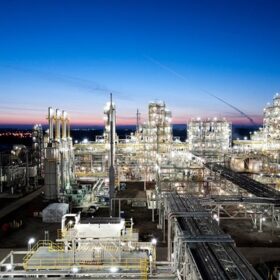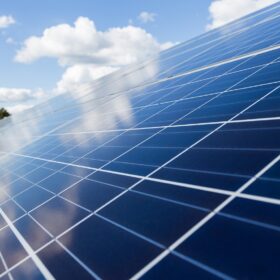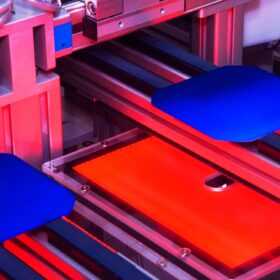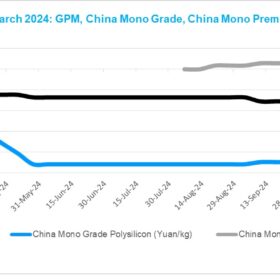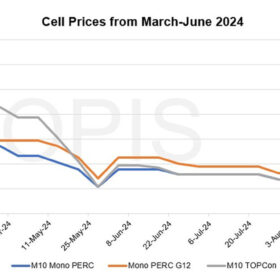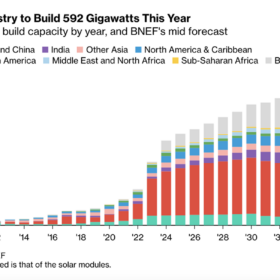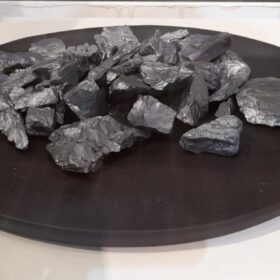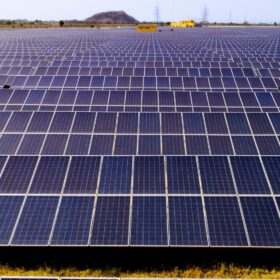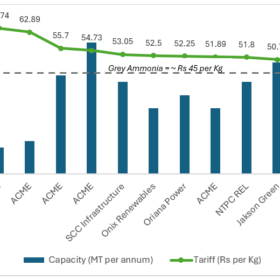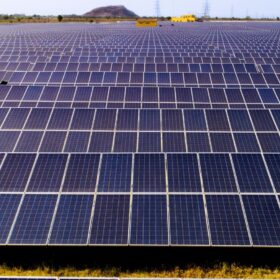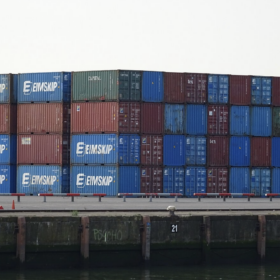REC Silicon shuts down polysilicon operations at U.S. site
The reason given for the shutdown is the inability to “improve the level of some key impurities,” and would not be able to deliver a quality product in the time demanded by the company’s main customer.
The evolving landscape of solar manufacturing
Countries worldwide are increasingly implementing customs duties as a strategy to curb imports, protect local industries, and promote domestic growth. These sanctions are only expected to increase further as China continues to dominate the solar manufacturing space.
China approves polysilicon futures
The China Securities Regulatory Commission (CSRC) has approved polysilicon derivatives to address rising price volatility and structural imbalances between supply and demand in the solar-grade polysilicon market.
US doubles solar polysilicon and wafer tariffs on China
The US government has doubled Section 301 tariffs on imported solar polysilicon and wafers from China to 50%. The materials are vital for manufacturing solar panels, from refining polysilicon to assembling modules.
Building self-reliance in the solar value chain
A multi-pronged policy mix has been adopted by the government to promote solar adoption. In the Budget 2024-25, a corpus of INR 10,000 crore was allocated to promote the solar industry, a 110% increase from the previous year. Solar manufacturing equipment have been exempt from the basic customs duty list to boost domestic manufacturing. In contrast, there is a 10% customs duty on the import of solar glass as we currently have enough capacity to meet all our domestic requirements.
Polysilicon prices decline amid rising inventories, weak demand
In a new weekly update for pv magazine, OPIS, a Dow Jones company, provides a quick look at the main price trends in the global PV industry.
The solar industry’s freefall: A price war with no end in sight?
The future of the solar industry hangs in the balance as manufacturers, regulators, and market players grapple with a perfect storm of falling prices, rising costs, and a fiercely competitive global landscape.
Chinese solar cell prices stable in a quiet market
In a new weekly update for pv magazine, OPIS, a Dow Jones company, provides a quick look at the main price trends in the global PV industry.
Solar module installations could hit 592 GW in 2024
BloombergNEF says the global solar industry will install 592 MW of modules this year, up 33% on 2023. The consultancy has also lowered its estimate for 2024 polysilicon production, as manufacturers are temporarily scaling back output.
Tokuyama plans polysilicon factory in Vietnam
Japan’s Tokuyama says it will build a new polysilicon manufacturing facility in an industrial park in Ba Ria-Vung Tau province, Vietnam.
